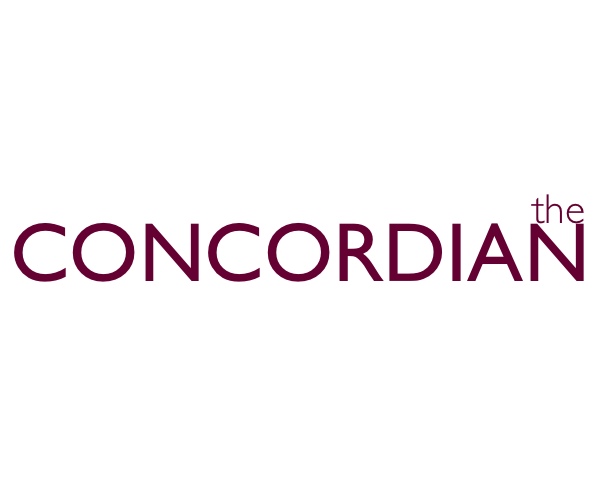This Letter to the Editors was submitted by Shane Sessions, a senior at Concordia College.
In Response to: “Business School to Start New Club,” in last week’s issue of The Concordian:
I have long felt jaded about the prospect of a new business school at Concordia, or more so just the idea of a business school at a liberal arts college in general. The idea has never felt right to me. Individualistic, single-tracked, and largely driven by competition and profit, the world of business seems misplaced at an institution of integrated, multi-disciplinary learning, especially at one so ostensibly attached to its quasi-moral BREW maxim. What place does such a discipline—so blindly devoted to maximizing profits in the name of fiduciary responsibility rather than moral responsibility, so fixed on growth, sustainable or unsustainable, and perhaps worst of all, so monopolized by an elite class sitting on exorbitant wealth—have at an institution like Concordia?
But of course my preconception is prejudiced and narrow-minded. My shallow discernment of business as a practice and academic discipline is perhaps conditioned by headlines of corporate malpractice and caricatures of fat cats and robber barons. We can’t forget the social entrepreneurs and successful philanthropists. But at the same time, extremely unsustainable growth patterns and gross wealth inequalities are not imaginary. It’s becoming harder and harder to excuse members of the business class for risky actions and harmful deals.
Perhaps a discipline so tarnished by perceptions of greed and complicity desperately needs a liberal-arts-educated contingent dedicated to responsible reform. Indeed, the new business school could be an opportunity to positively influence the affairs of the world by sending into society a new business class that is well-rounded and well-informed of the social and environmental implications of its actions. If the business school offered a curriculum that emphasized not only sound business practices, but also practices that are socially and environmentally responsible, then I’m all in. Certainly, the economy could use a new business contingent with fresh and informed ways of thinking about money and growth. Consider it a covert wing of Occupy Wall Street – occupying from within. There, that’s not so bad.
But is Concordia on track for creating a responsible business class? The Concordian article last week about the new investment club seems to invalidate my ideas as wishful thinking. According to the article, Concordia has received a special $100,000 donation from Steve Scheel, the CEO of Scheels Sporting Goods. The $100,000 will go to a new investing club of students that will invest the donation into financial securities of their choice.
If the club proves successful in its first year, Scheel hopes to make his gift annual. The investing club will consist of two competing teams. Each will manage its own fund starting with $50,000. But Scheel doesn’t stop there. The winning fund—that is, the fund that generates the largest capital returns—will receive a “donor-provided cash prize.” The special prize is supposed to function as a bonus would in a professional fund.
This is unsettling. What chance does the business school have of promoting responsible business practices when we have an investing club that is motivated solely by the prospect of a cash bonus? Despite being in a college environment, a place that encourages innovation and the testing of new ideas, the competing teams will have no incentive to make socially responsible investments. If they want to “win,” they will be sure to invest in corporations that guarantee the most promising returns, regardless of their practices. If a corporation can guarantee a profit, why not invest? Never-mind if the profits are made possible by destructive coal mining, overseas child labor, purchased political influence, or discriminatory employment practices. In this kind of business, profit reigns supreme.
There is an alternative, though. The investment club could experiment with forward-thinking investment practices that consider social and environmental responsibility. They could use their generous gift and knowledge of other disciplines as an opportunity to invest in something good. They don’t even have to abandon the profit-motive. They could lead us to new ways of investing responsibly while still generating worthwhile capital returns. We need audacious business leaders that are willing to look beyond the allure of extravagant bonuses and make a stand for responsible business practices. A liberal arts college could create such leaders, but not with this investment club as planned.
This issue has serious implications about Concordia’s legitimacy as an institution dedicated to its mission and BREW. Yet there is still a chance to have the Offutt School of Business be dedicated to responsible, sustainable development—development that is economically viable, socially acceptable, and ecologically sound. I encourage members of the new business school and especially the new investment club to recognize the opportunity for positive reform. I hope they will see through the profit-motive and instead embrace the prospect of a new responsible business class.

